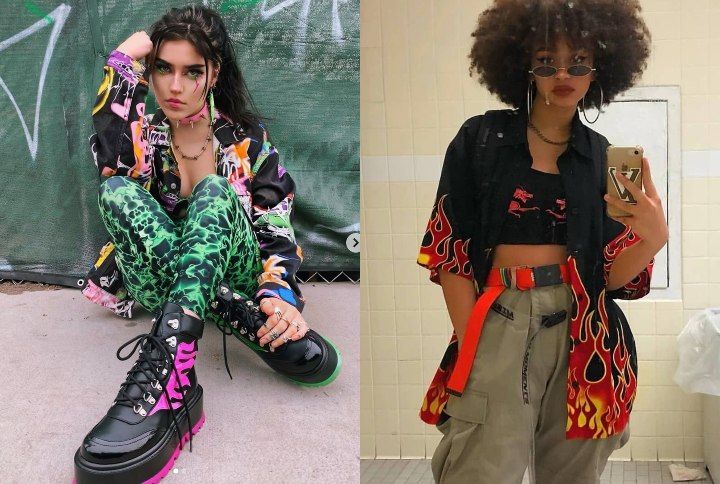A Guide To Navigating True Social Equity In Cannabis
[ad_1]
Which States Have Social Equity Programs?
As of spring 2022, fifteen of the thirty-seven states with cannabis programs have implemented social equity programs. The recreational states include the following: AZ, CA, CO, CT, IL, MI, MA, NJ, NM, NY, NV, VA, and WA. Two states with medical-only licensing, PA and MD, also have social equity programs.
Who Is Eligible For Social Equity Programs?
It depends on the state. As previously mentioned, in some states it applies to people of color such as African-American, Latino, and Indigenous folks. In other places, it includes women, veterans, individuals from impoverished areas, and those formerly incarcerated for marijuana offenses. For example, Vermont’s Cannabis Control Board has the following language regarding social equity eligibility on their website:
They are Black or Hispanic, or
They are from a community that has historically been disproportionately impacted by cannabis prohibition and are able to demonstrate to the Board that they were personally harmed by that impact.
They have been incarcerated for a cannabis-related offense or have a family member that has been incarcerated for a cannabis-related offense
New York uses similar language for applicants, to increase their state’s “racial, ethnic, and gender diversity.”, However, they also include those “who qualify as a minority or women-owned business, a distressed farmer, or a service-disabled veteran.”
Such initiatives must be extended to all those that need them most. Only by continuing to assess the impact and effectiveness of each state’s social equity program will we see any kind of long-term benefits in market share equity for people of color and other historically disadvantaged communities.
[ad_2]
Source link







